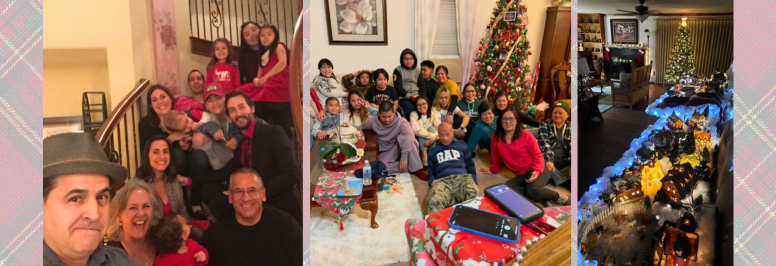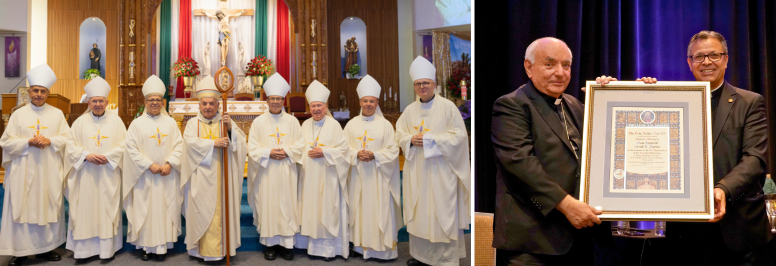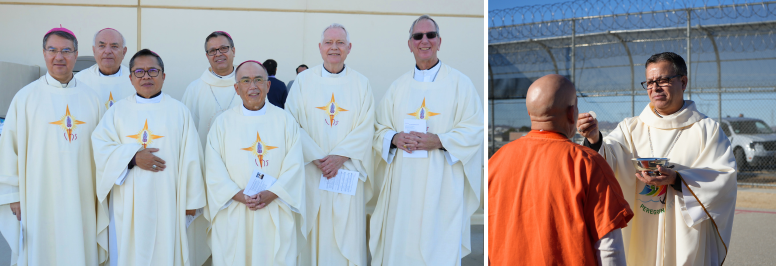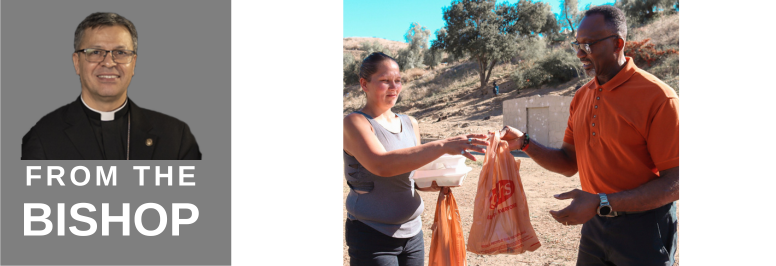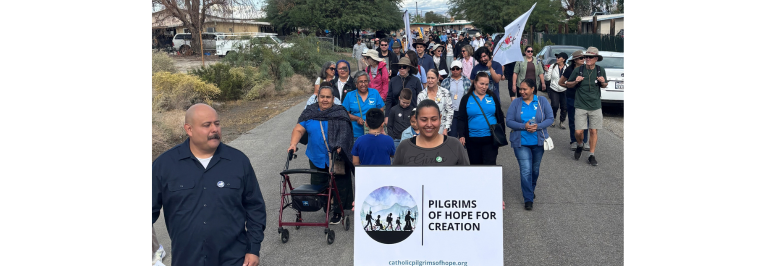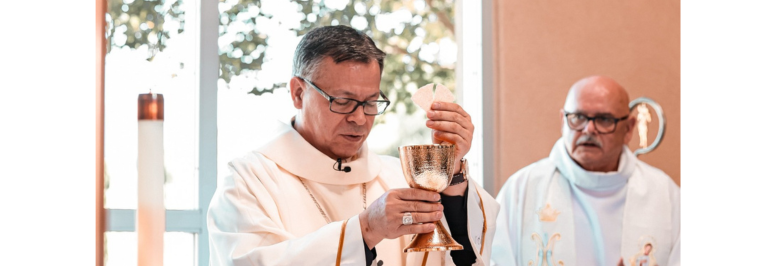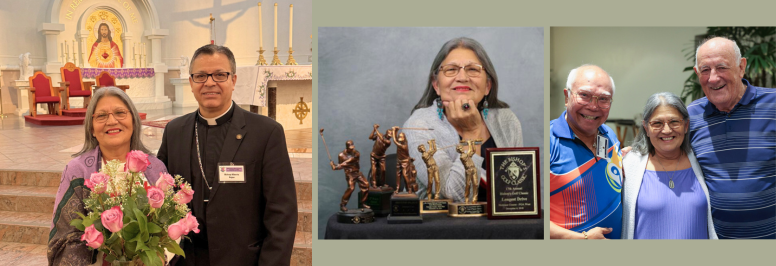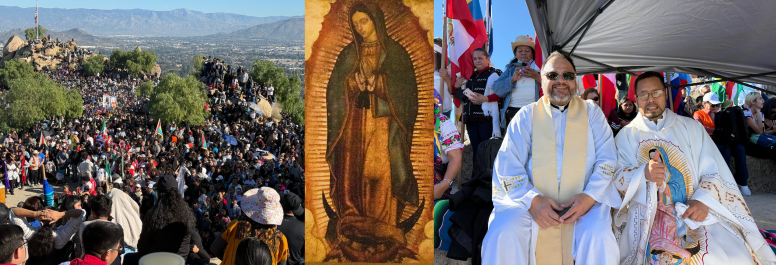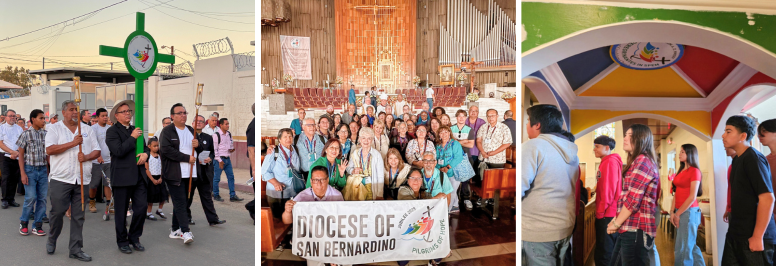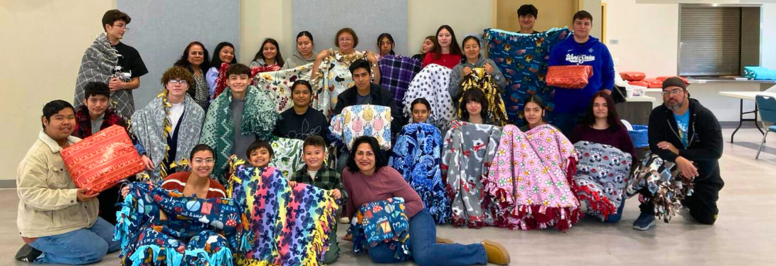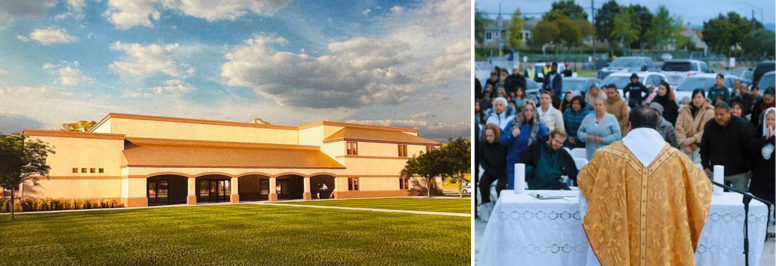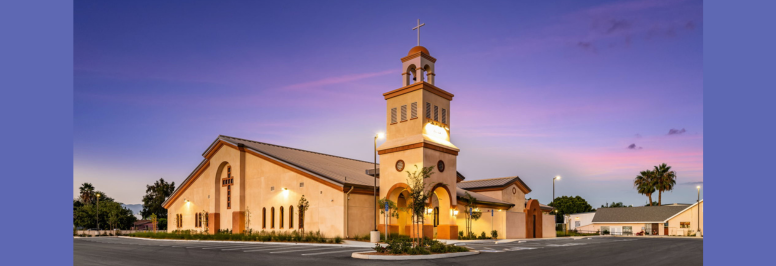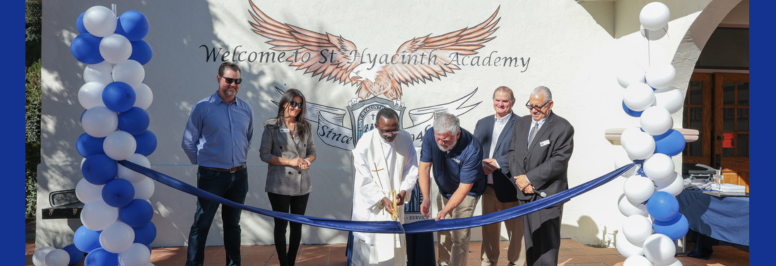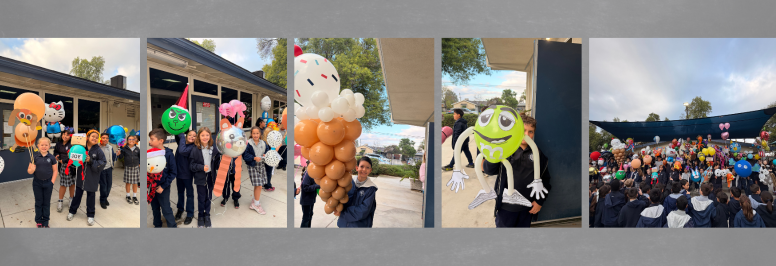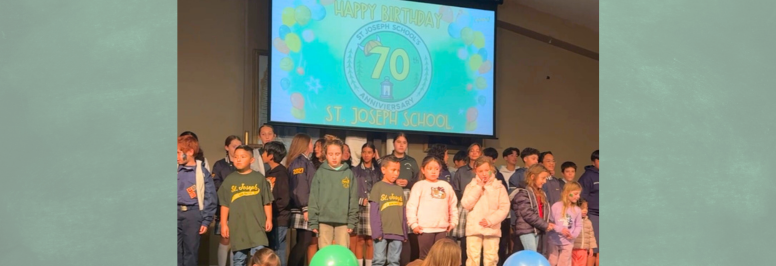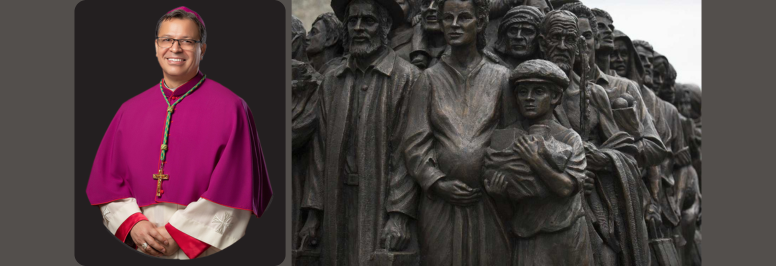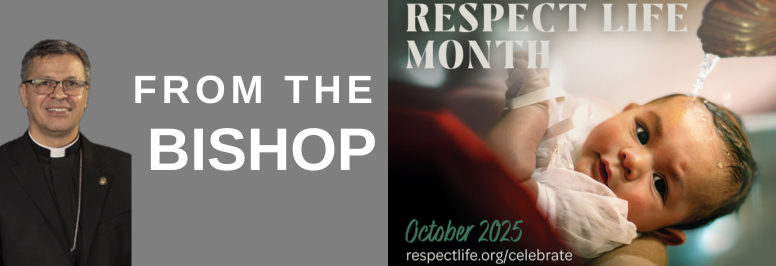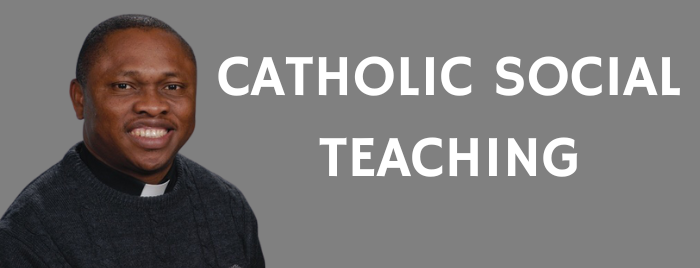His point: “Cathedral” implies religion, and religion is the foundation of “enduring values of freedom, dignity, respect for humanity.” That reminded me of American scholar Robert Bellah, who cautioned that as people become less religious, they lose common unifying concepts that a democratic nation depends on, such as sacrifice.
Sacrifice is a profoundly religious word, one that is the underpinning of everything from military service to parenthood. Perhaps this Easter season seems an odd moment to think about this word, but after all, we are celebrating the glorious result of a sacrifice!
Of course, we know that the basic meaning of sacrifice was the offering of material things to higher powers as an act of propitiation or worship. The “propitiation” part of this classic definition means belief that the higher power, whether gods or God or the fates, has to be “bribed” to be on our side, persuaded by a something we offer in order to stay peaceful and benevolent toward us. Propitiation led to all kinds of aberrations like human sacrifice, and still to this day it leads to thinking that we can get God to do something if we say certain prayers, say more prayers, and so on.
In Hebrew scripture we can see biblical authors correcting the idea that God needs to be propitiated. For example, Abraham was prevented from sacrificing his son, Isaac. Or consider the words of Psalm 40:6 which says: You take no delight in sacrifices and offerings— you have prepared my ears to listen— you require no burnt offerings or sacrifices for sin. In Jesus’ teaching, the Father is loving and forgiving, like in the prodigal son story. But, unfortunately, we Catholics and many other Christians often still think that God required Jesus to die for our sin; we tend to believe that before God could forgive us, God had to be propitiated or compensated for the damage done by our sin—and therefore Jesus was crucified. It is hard for us to do, but we need consciously to get rid of that idea. We need a more compelling and healthy idea about sacrifice because we need to keep teaching our children and grand children about sacrifice. It is important. We cannot be holy and mature human persons—or citizens willing to put the common good first--without sacrifice.
Sacrifice is an act of placing myself, as an individual, within a relationship to a greater good. Sacrifice speaks to the depth of the mature person, a person who is able to be dedicated to something larger than his or her individual self. Jesus of Nazareth dedicated himself to something larger than himself, and dedication cost him his life. Jesus was not willing to silence his Jewish critics by refraining from healing people when they needed it, even on the Sabbath, or to stop forgiving sinners himself without propitiating offerings in the temple. Jesus was not willing to compromise his mission of proclaiming the Kingdom of God by telling Pilate that he was not a king, or to let Pilate claim higher authority than his Father. Jesus was not willing to save himself in those ways, and so when his critics accused him of sedition and turned him over to Pilate, he sanctioned his death to keep peace for his boss, the Roman emperor.
Sacrifice purifies us; it enlarges our souls. Think of the people you most admire. Aren’t they people who dedicate themselves to something beyond themselves? They are people for whom a job is more than a job; they are first responders; health care providers; teachers; farmers without holidays; they are women who don’t terminate unwanted pregnancies; parents and grandparents; immigrants sending money home to poor relatives… They are people who love someone or something more than they love themselves. And so they give something precious they possess—time, energy, talents and other resources—to that which they love.
That is where the second word of our definition of sacrifice comes in—worship. In worship we place ourselves within a larger context than self, and we gift ourselves to it. And the largest context of all, of course, is God. And so, at Eucharist we join ourselves with the Risen Lord in his unchanging gift of Himself to the Father.
Sacrifice changes everything. Easter scriptures are full of images showing us that. The risen Christ even “descends into hell” to gather up those who have died—picture language that tells us that all time, all creation, has been touched by resurrection. The disciples are changed. New life emerges in the community of those first followers of Jesus and gets handed on to us.
Sacrifice changes our lives, too. It can change a workplace, a school classroom, a team, a family, a marriage. Sacrifice is not an act of propitiation. It is an act of love.
Sr. Mary Garascia belongs to the Congregation of the Sisters of the Precious Blood (C.P.P.S.). After many years of Church work she is retired and maintains a presence in ministry at The Holy Name of Jesus parish in Redlands.


